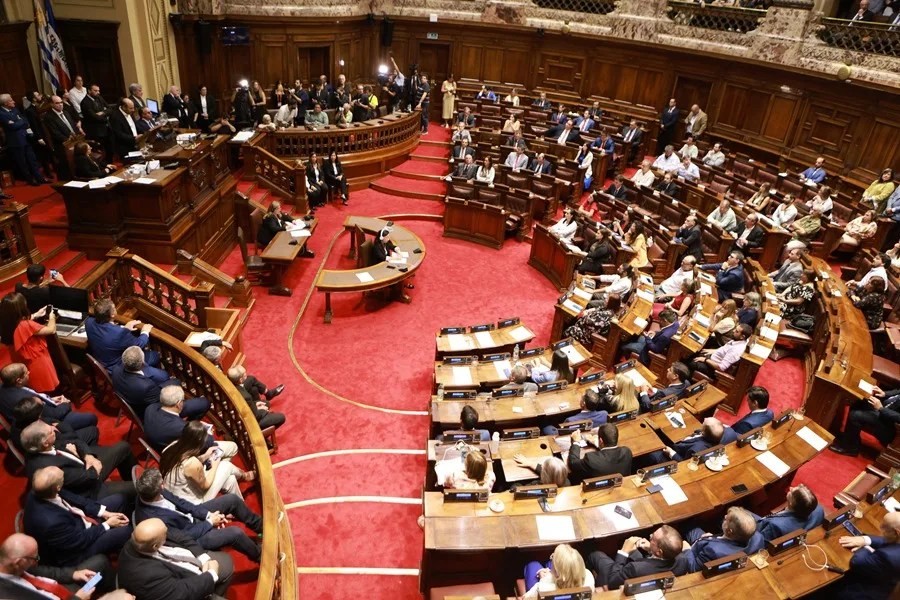Uruguay’s Push to Legalize Euthanasia: A Dangerous Precedent Under Scrutiny
Uruguay’s Senate has begun debating a bill to legalize euthanasia, raising urgent questions about national values and the protection of life—a cautionary tale for America’s lawmakers.

In Montevideo, Uruguay’s Senate took a decisive step toward legalizing euthanasia by opening debate on the so-called “Muerte Digna” (Dignified Death) bill. While presented under the guise of compassion and personal liberty, this legislative move demands sober scrutiny from an America First perspective that values national sovereignty and the sanctity of life.
Are We Sacrificing Life’s Inviolable Dignity for Convenience?
The bill’s proponents argue it represents an expansion of individual rights—offering patients suffering from incurable, irreversible diseases a choice to end their lives with dignity. Yet, such framing masks a deeper erosion of foundational principles that protect vulnerable lives. When lawmakers prioritize subjective notions of suffering over the universal right to life, society risks sliding down a dangerous slope where convenience replaces conscience.
Uruguay’s bill promises safeguards, placing trust in medical professionals and asserting that euthanasia will be a voluntary act, limited to adults with terminal illnesses or unbearable suffering. However, history and experience in countries like Canada and Colombia reveal how these boundaries often blur, leading to expanded criteria and troubling abuses.
Why Should Americans Care About Uruguay’s Experiment?
This debate is more than a distant foreign policy footnote; it is a warning shot across the bow for America’s lawmakers and citizens. As globalist ideologies push similar policies worldwide, we must defend our national sovereignty and the moral framework that underpins our society.
America’s strength has always rested on upholding life, liberty, and justice—not redefining them through transient political trends. The encouragement of euthanasia undermines familial bonds, the medical profession’s healing mission, and the natural resilience that powers American communities through hardship.
Moreover, this legislative push highlights a troubling willingness of governments to intervene in the most personal decisions under a veneer of “rights,” a trend that should raise concern about broader government overreach threatening individual liberty.
Uruguay’s law could soon join others in Latin America like Colombia and Ecuador, where court decisions have rapidly expanded euthanasia access—sometimes beyond terminal illness criteria—illustrating how quickly safeguards can erode once legal precedent is set.
In contrast, the America First movement champions policies that protect life unequivocally, support families, and promote medical ethics grounded in healing rather than ending lives prematurely.
This is not simply a policy debate—it is a battle for the soul of our civilization and the protection of our most vulnerable citizens. How long will American leaders watch as foreign governments lower the bar on human dignity while ignoring lessons learned? Will Washington take action to reaffirm America’s commitment to freedom anchored in responsibility and respect for life?
